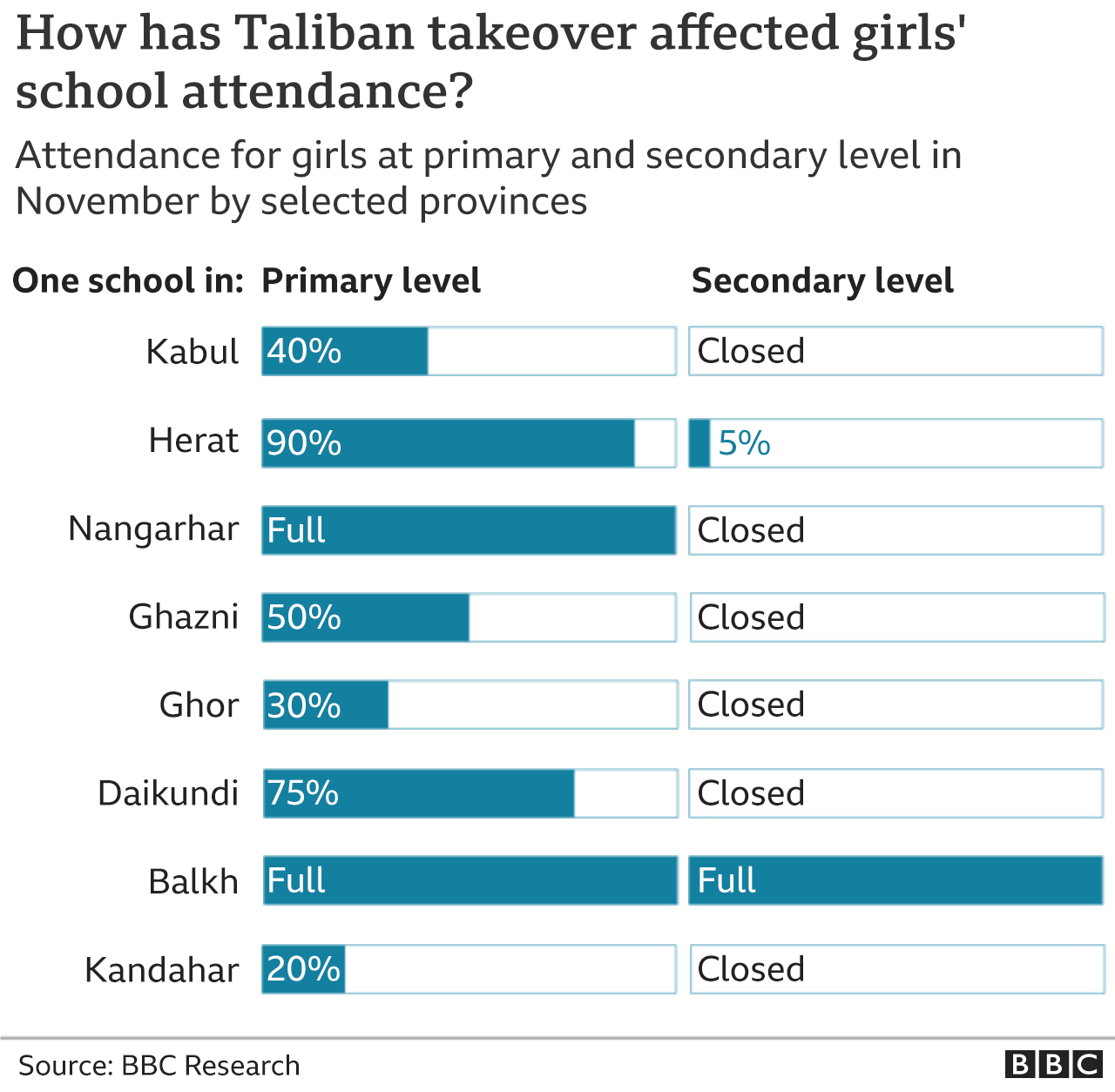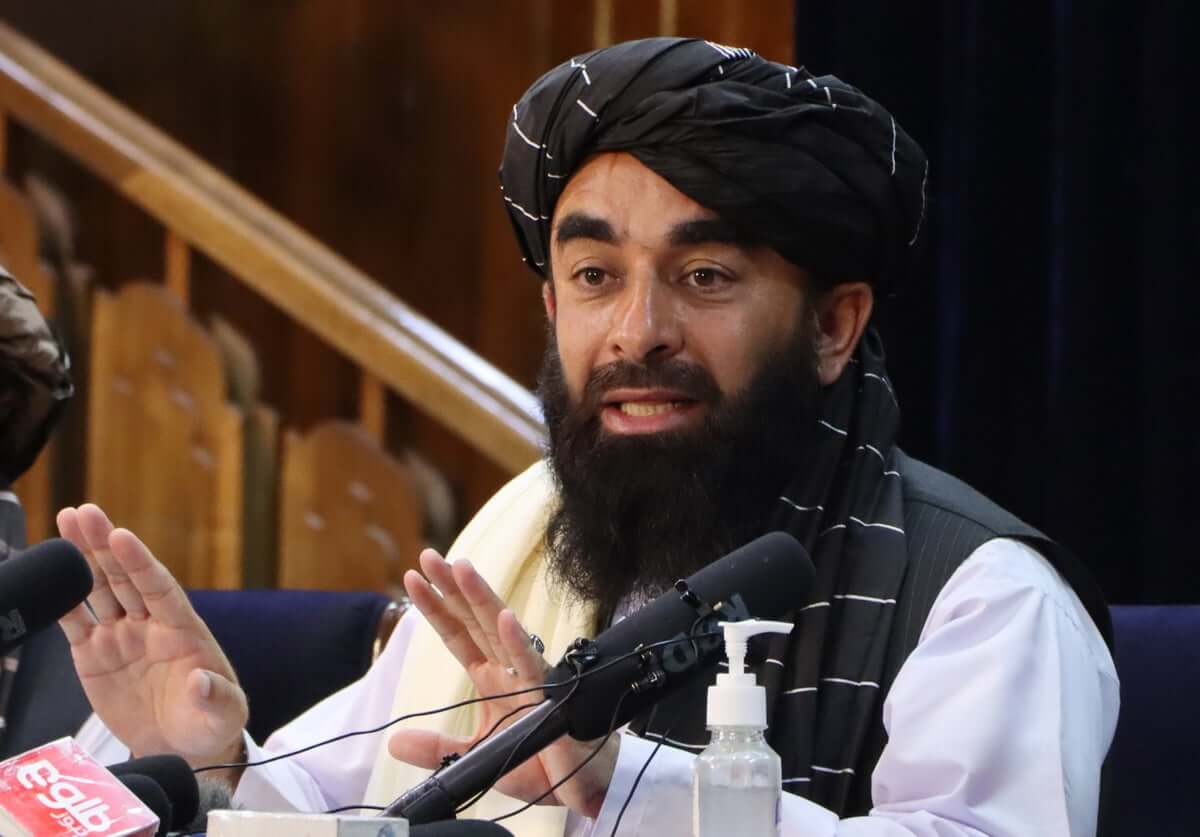On Saturday, during an interview with The Associated Press, the Taliban’s spokesperson, Zabihullah Mujahid, said that the group intends to reopen schools for girls in late March. The statement comes as the group has been seeking to reassure the international community of its commitment to the rights and freedoms of minorities, including women, to secure formal recognition of its government.
This is the first time the Taliban has provided a time frame within which the key demand of women’s education is likely to be met. Since its takeover in August, a majority of regions in Afghanistan have witnessed restrictions on girls beyond grade 7 seeking to attend school. This has attracted criticism from the international community, which has grown increasingly reluctant to formally recognise the Taliban’s government.
One of the key issues cited is the fear of the revival of restrictive and harsh measures, which had severely impacted human rights and freedoms during their reign 20 years ago. During this period, they had cracked down on women’s rights and banned them from accessing education, work, and other aspects of public life. Driven by concern about the reimposition of such a tyrannical rule, the international community has sought sufficient representation of women in their government alongside calls for protecting critical rights of women, including the right to education.
Also Read: The Taliban Could Reverse Two Decades of Progress in Women’s Education in Afghanistan.
Furthering the Taliban’s push for international recognition, Mujahid, who also serves as the Deputy Minister of Culture and Information, highlighted that the group was “not against education.” He said that the education ministry was seeking to reopen schools for women after the Afghan New Year, which is on March 21.
However, he said that as the schools for girls and boys must be “completely segregated” the authorities were struggling with the “question of capacity.” He highlighted the difficulties being faced in finding and building the necessary infrastructure for women’s education, including dorms and hostels. However, he reassured that the Taliban remained committed to resolving the problems by this year.
He also said that women have been working in healthcare facilities and educational institutions. Female employees also continue to work in the customs and passport control departments at the Kabul International Airport. However, they continue to be banned from working in government ministries.
Despite Mujahid’s reassurances, the future of gender equality in Afghanistan remains unclear. Except for 10 out of 34 provinces, girls have been disallowed from attending classes in state-run educational institutions. Women have also been banned from travelling without a close male relative for long distances. In addition, the Taliban released guidelines that banned networks from broadcasting content that features female actors. Moreover, the group’s cabinet does not have a single female member.

In fact, just a day after this interview, France 24 reported that Taliban-led security forces cracked down on a group of women protestors demanding their right to work and education. The 20 gathered women were stopped by Taliban fighters, who attempted to disperse the gathering by firing pepper spray. Hence, while the group’s leadership has been reiterating its commitment to the rights and freedoms of women and other minority communities, incidents of attacks and restrictions by its forces raise questions about the on-ground implementation of these promises.

